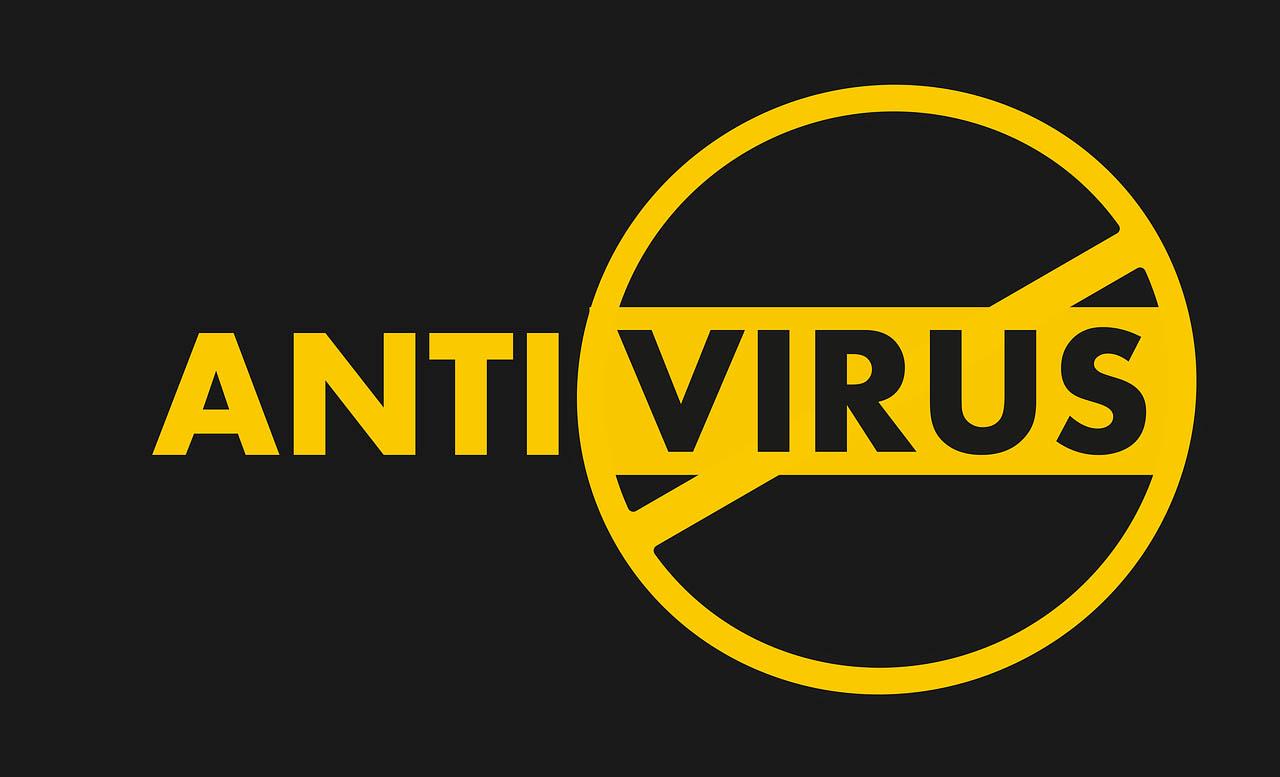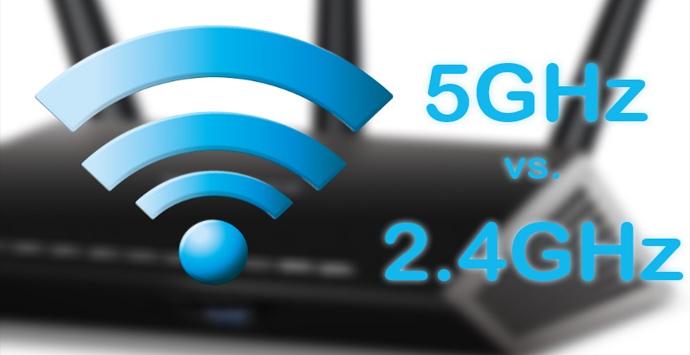
We have always said that a VPN should not replace an antivirus, since it does not protect us from many attacks. However, that does not mean that it is not a very useful application for security. In fact, in this article we are going to talk about attacks that a VPN does protect against. You will see that it has the ability to avoid certain threats that can steal your passwords or spy on you when you browse the Internet.
Attacks that a VPN protects against
Although you will see that one VPN It can be useful to protect you from certain attacks, but you should always have a good antivirus installed and take precautions to avoid problems. Only then will you be completely protected and you will not receive cyber attacks that put your privacy and security at risk.
Man-in-the-Middle
An example of attacks that a VPN can prevent are those known as Man-in-the-Middle. This occurs when an attacker positions himself in the middle of a connection. For example, if we enter the bank account, a cybercriminal can get in the way and see the information that we are sending or receiving. This is common on public Wi-Fi networks.
What the VPN does is encrypt the connection. The IP address and the traffic will be encrypted and an intruder will not be able to intercept it. It is a good measure to connect to public wireless networks, such as a shopping center or a library.
DDoS attacks
Another threat that yes can protect yourself a VPN It’s DDoS attacks. What the attackers in this case do is flood a server with multiple requests. They use what is known as a botnet and can make a website or any server unavailable or go bad.
By masking the IP address, it will be more difficult for an attacker to launch attacks of this type. It will not be able to point directly to your IP and start generating problems. You will have a layer of protection.
Phishing
The Phishing attacks they are undoubtedly widely used by cybercriminals to steal passwords. They look for a way to scam the victim into making a mistake, which is basically logging in via a fake link sent to them via email or mobile message.
VPNs, especially the more sophisticated ones, have protection measures in place to prevent the leakage of personal data. Some services even have a firewall feature, which can help detect phishing attacks of this type. We can prevent those links from reaching us.
Avoid impersonation attacks
An attacker could also use your IP adress, as well as the location where you are, to impersonate you. But of course, a VPN aims to hide that IP address, so it will be much more difficult to steal it and use it against you. It is yet another security measure that a program of this type can provide.
Therefore, as you can see, a VPN is not going to act as an antivirus, nor is it going to protect you from many attacks, but it does from some threats and problems as we have shown. It is a useful tool if you want to enhance your privacy and security. Of course, it is important to prevent the VPN from disconnecting.



